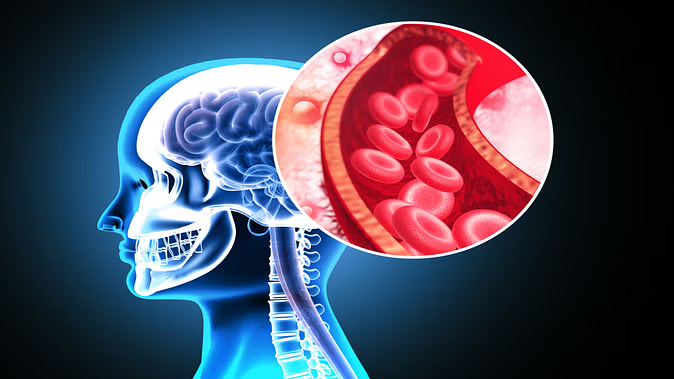The southern state of Kerala is in the grip of many infectious diseases these days. On Sunday (July 21), a 14-year-old boy died due to infection with Nipah virus, after which an alert has been issued across the state. Earlier this month, cases of rare and dangerous amoebic meningoencephalitis (PAM) infection were reported in Kozhikode district. A child also died due to this disease known as 'brain-eating amoeba'. The mortality rate due to PAM has been considered up to 97 percent.

Amidst all these risks, a relief news has come out on Monday. State Health Minister Veena George said that a 14-year-old boy undergoing treatment for amoebic meningoencephalitis has now completely recovered. He described it as a rare event for the country and a great success for health experts, given the high mortality rate of this disease. George said that only 11 people have been cured of amoebic meningoencephalitis worldwide.
Health Minister congratulates doctors
Health Minister Veena George has congratulated the team of doctors treating the patient for this success. Amoebic meningoencephalitis is a very rare disease but it poses a risk of serious damage to the central nervous system. It usually spreads due to contact with water from lakes and rivers.
An alert was issued regarding this after cases of PAM were reported in Kerala.
How was the condition of the patient
According to media reports, the district primary health center personnel initially suspected that the boy who recovered from amoebic meningoencephalitis might have meningoencephalitis. The boy had an epileptic attack after which he was admitted to a private hospital in Kozhikode. At present, the boy is said to be cured of it.
Earlier on July 5, a special meeting was also held under the chairmanship of Chief Minister Pinarayi Vijayan in which instructions were given to confirm the disease in its early stages. On July 20, the treatment protocol for amoebic meningoencephalitis was released. The state health department claimed that it was the first comprehensive treatment protocol for this disease in the country.
Know about amoebic meningoencephalitis
Amoebic meningoencephalitis or primary amoebic meningoencephalitis (PAM) is a disease caused by infection with an amoeba called Naegleria fowleri. This infection starts destroying brain tissue, leading to severe swelling in the brain and death in most cases. Data shows that although PAM is rare, it can occur in generally healthy children, adolescents and young adults. The risk of infection can be high when contaminated water enters the nose. People who dive in water are at a higher risk of this.
Symptoms of PAM and prevention methods
The study report shows that the initial symptoms in the infected are usually flu-like (such as headache, fever, nausea and vomiting). In severe cases, there may also be a risk of brain-related problems such as stiff neck, confusion, seizures, coma. Its symptoms can develop rapidly and the infection can be fatal within five to 18 days.
The health department warned people and said, children should avoid bathing in ponds or stagnant water. It is also important to regularly chlorinate the water in swimming pools and water theme parks. There is a risk of this infection due to coming in contact with contaminated water.
(PC: ISTOCK)










